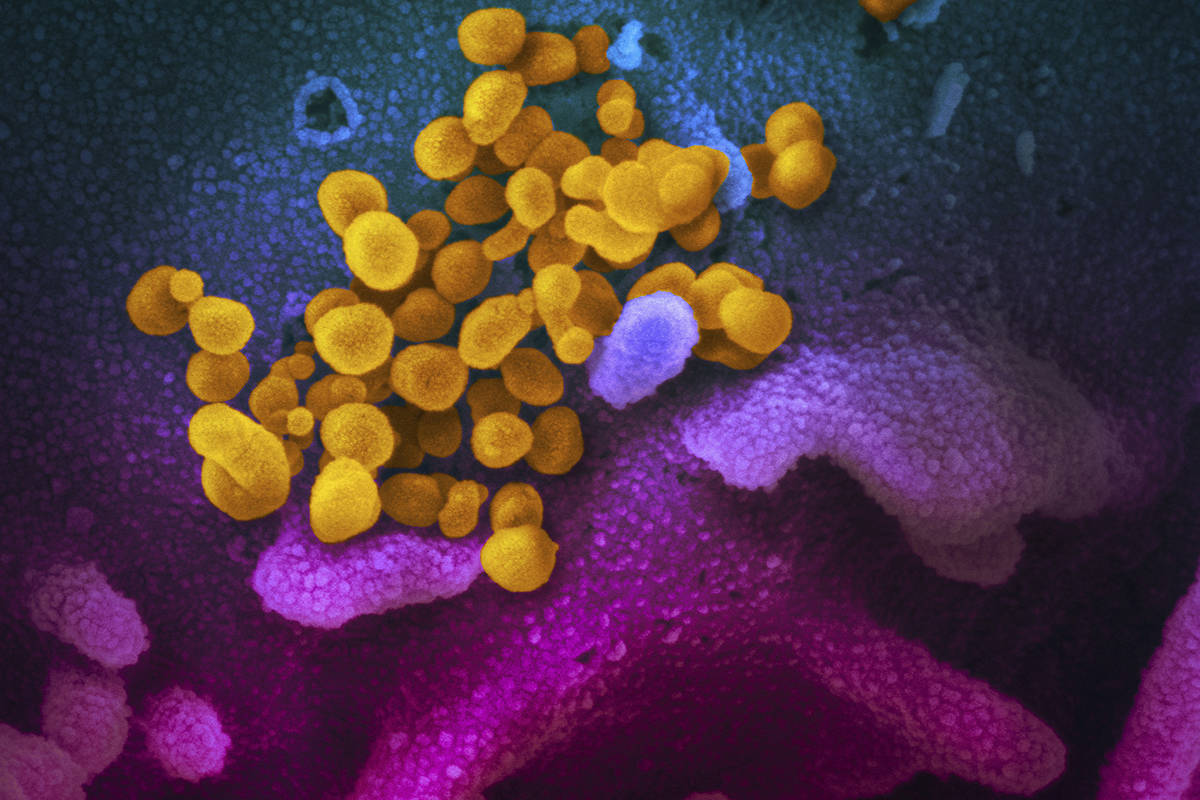Coronavirus symptoms and prevention: advice from experts
Here’s a basic list of what you need to know about coronavirus symptoms and prevention.
What are coronavirus symptoms?
The Centers for Disease Control and Prevention lists three symptoms for COVID-19: Fever, cough and shortness of breath.
Symptoms may appear two to 14 days after exposure.
Most people infected by the new coronavirus develop mild or moderate symptoms and recover after about two weeks.
But the World Health Organization notes that in more severe cases, “infection can cause pneumonia, severe acute respiratory syndrome, kidney failure and even death.”
The CDC guidelines list these “emergency warning signs of COVID-19” — difficulty breathing or shortness of breath; persistent pain or pressure in the chest; new confusion or inability to arouse or bluish lips or face — and says anyone experiencing any of them should get medical attention immediately.
How does the virus spread?
Evidence suggests that it primarily spreads much as the flu does — through droplets from a sneeze or a cough, or by touching an infected surface. Tests by the U.S. government and outside scientists showed the virus can live on surfaces for up to three days.
How can I protect myself?
Here are the prevention guidelines:
— Wash your hands often with soap and warm water, or use an alcohol-based gel.
— Avoid touching your eyes, nose and mouth.
— Clean things that are frequently touched (like doorknobs and countertops) with household cleaning spray or wipes.
— Cover your mouth when you cough or sneeze. Use a tissue or your inner elbow, not your hands.
— Stay home if you are sick and avoid close contact with others.
— Practice social distancing.
Do I need a test?
Nevada state government had this to say Friday to all of the people clamoring to be tested for the new coronavirus:
Many of you should stop trying to be tested.
“If you have symptoms, assume you have COVID-19. Persons with mild or moderate symptoms should not seek medical care nor try to get tested,” according to guidance issued Friday by the Department of Health and Human Services, in coordination with the Governor’s Medical Advisory Team.
“Staying home can save the life of another Nevadan.”
“Testing is not needed if you have mild or moderate symptoms,” the guidance continued. “It will not change clinical care. COVID-19 testing should remain for people who need to be hospitalized for severe illness.”
How many cases does Nevada have?
Follow this new website created by state health officials. It’s keeping track of cases throughout the state.

















